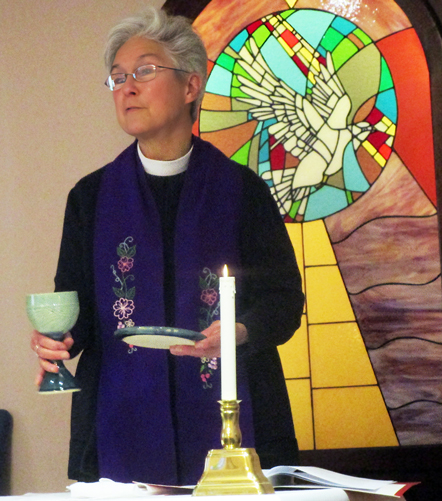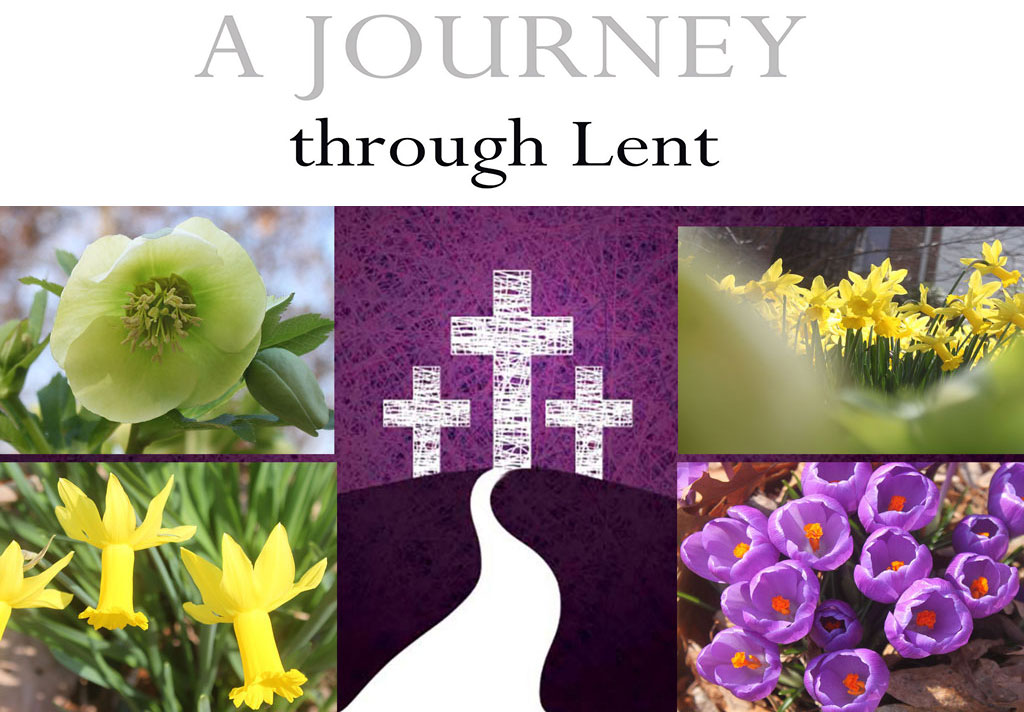As with the story in John about the Temple, this portion has a different chronology. “This is Jesus’ last public teaching.
What comes next is his private goodbye to his disciples (the so-called “farewell discourse”), followed by the passion story. Tensions have been rising, and now, as Passover approaches, those tensions reach a breaking point. Jesus has just raised Lazarus from the dead, and this astonishing act — along with the widespread excitement about it — has set in motion the local authorities’ plot to kill both Jesus and Lazarus. Lazarus’ sister, Mary, has come to anoint Jesus for his death.
Here is the different chronology. “But Palm Sunday apparently had already happened. And Jesus, enacting ancient prophecies in Zechariah and the Psalms, has just entered Jerusalem on a donkey. John goes out of his way to underline that the crowds who gather along the roadsides waving palm branches are there because they had either seen Lazarus’ resurrection or heard about it. Looking at the crowds from a distance, the authorities are concerned, and whisper to each other: “Look, the world has gone after him!” (John 12:19).
“In chapter 12, “the world has gone after him,” waving branches and singing praises, and two foreign pilgrims in town for the Passover festival approach Philip and ask “to see Jesus.” In short: the word is out. Jesus’ purpose — to make the unseeable God known — is at last being fulfilled, and for this very reason, storm clouds are gathering overhead.
“Remember, the rationale behind the authorities’ plot (11:47-53) is tied directly to Jesus’ growing fame: if the people believe in Jesus in great numbers, the commotion may well attract attention — and even provoke a preemptive attack — from the Roman imperial occupiers worried about the potential for Jewish rebellion. Thus for the authorities, the more Jesus’ celebrity grows (and what’s more spectacular than raising someone from the dead?), the more the temple and the whole people are put at risk.
“Apparently sensing this tipping point when he hears that two foreign pilgrims want to meet him, Jesus declares for the first time that “the hour has come” (12:23). At several points earlier in the story, beginning with the wedding at Cana (2:4), Jesus has said that his hour has not yet arrived — but now it’s at hand. Now he will come fully into view, for all to see. Now he will be “glorified”
“What is that mean Jesus turns to an agricultural image: a grain that falls to the earth and dies, and then grows as a seed grows, bearing much nourishing fruit. In other words, being “glorified” will look like a human life freed from self-centered isolation, a generous life lived for others in community, in which both self and others flourish.
“It’s worth noting that Jesus isn’t referring only to his death here, but rather to his death, resurrection, and ascension (“And I, when I am lifted up from the earth, will draw all people to myself” (12:32)). The seed dies, yes, but then rises again and bears fruit. Jesus goes on to spell out this theme in his subsequent private farewell to his disciples, casting his ascension (i.e., his departure) as a way of making room for the disciples to do even greater things (14:12). This is why Jesus came in the first place, he declares, for this hour of his death, rising, and ascension, all for the sake of the birth of a new community. With the two Greek pilgrims, then, in this choreography of growth and nourishment we may truly “see Jesus.” God’s self-giving love for humanity is so strong that God will undergo our rejection, even to death, and then transform that rejection into new life and flourishing for the sake of “all people” (12:32).
“Jesus says all this, John reports, “to indicate the kind of death he was to die” (12:33)
“First, for John, the focus is not on the death per se but rather on what the death makes possible: the resurrection, the ascension, and not least, the bearing of “much fruit,” the birth of the church who will do even greater things (14:12)
“And second, for John, the story of Jesus’ death is shot through with a kind of sacred, subversive irony. They thought they were burying him in a grave, but actually they were planting him like a seed. They thought they were killing him to ward off the Romans, but actually they were making possible a new harvest of “much fruit,” a “lifting up” through which Jesus will “draw all people to myself” (12:32). This kind of sacred irony is itself a comfort, since it illustrates how God can work through even the worst we can do, redeeming and remaking what seems irredeemable into the service of new life. Seen through this lens, the cross is an act of subversive, redemptive divine irony: one of the worst objects on earth remade into one of the best, a sword into a ploughshare. What kind of death did Jesus die? A fruitful death, a death that subversively enabled even greater things, including a new community: men and women, young and old, Jews and Greeks.”




